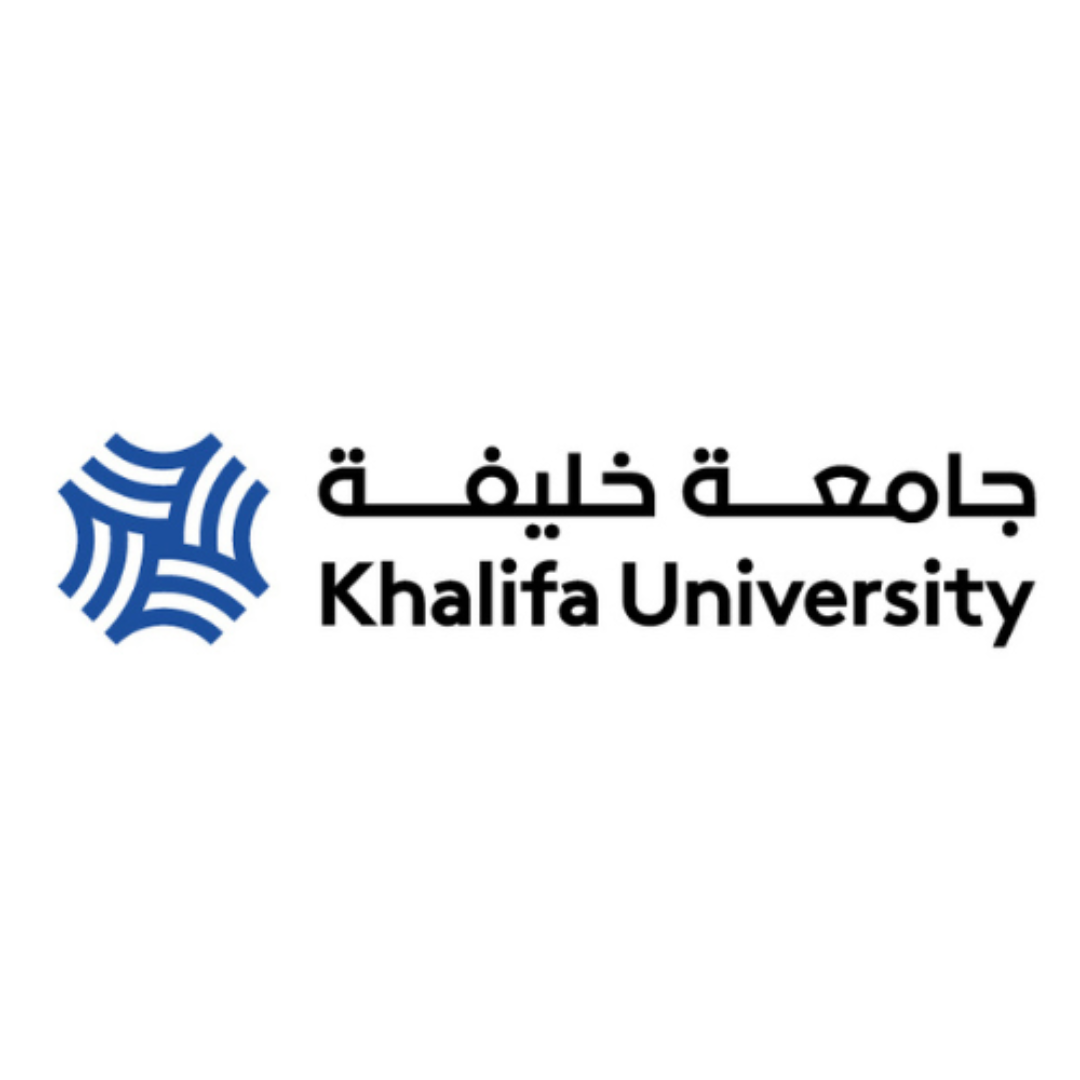The Master of Engineering (MEng) program in Environmental Engineering at Concordia University is designed to provide students with advanced knowledge and skills in the field of environmental engineering. The program focuses on the application of engineering principles to address environmental challenges and sustainability issues. Here's a general overview of what you might expect in the curriculum:
Core Courses: The program typically includes a set of core courses that cover foundational concepts and principles in environmental engineering. These courses may include subjects such as water and wastewater treatment, air pollution control, solid and hazardous waste management, environmental chemistry, and environmental impact assessment. The core courses provide a solid foundation in the key areas of environmental engineering.
Specialization Areas: The MEng program often allows students to choose a specialization area within environmental engineering based on their interests and career goals. Specialization areas may include fields such as water resources engineering, air quality engineering, waste management, sustainable infrastructure, or environmental systems modeling. Specialization courses provide focused and in-depth knowledge in specific areas of environmental engineering.
Elective Courses: In addition to the core and specialization courses, you will have the opportunity to choose elective courses that align with your interests and career objectives. Elective courses can cover a wide range of topics, such as environmental risk assessment, environmental policy and management, sustainable development, renewable energy systems, or advanced environmental modeling. These courses allow you to tailor your studies to your specific areas of interest within environmental engineering.
Design Projects: The MEng program often includes design projects that allow you to apply your knowledge and skills to real-world environmental engineering problems. These projects may involve designing and optimizing environmental systems, evaluating the environmental impact of engineering projects, or developing sustainable solutions for environmental challenges. The design projects provide hands-on experience and allow you to integrate your knowledge into practical applications.
Professional Development: The program may offer professional development components such as workshops, seminars, or courses that focus on enhancing your skills in areas such as project management, technical communication, leadership, and ethics. These components help prepare you for professional engineering practice and provide you with the skills necessary to succeed in the industry.
Capstone Project or Industrial Internship: Some MEng programs may require students to complete a capstone project or participate in an industrial internship. The capstone project allows you to apply your knowledge and skills to a substantial engineering project, often in collaboration with industry partners. An industrial internship provides valuable industry experience and allows you to apply your engineering knowledge in a professional setting.
It's important to note that the specific curriculum and course requirements may vary based on the program's offerings and updates. It's recommended to consult the official Concordia University website or contact the university's department of environmental engineering for the most up-to-date and accurate information regarding the MEng program in Environmental Engineering.
Show less













